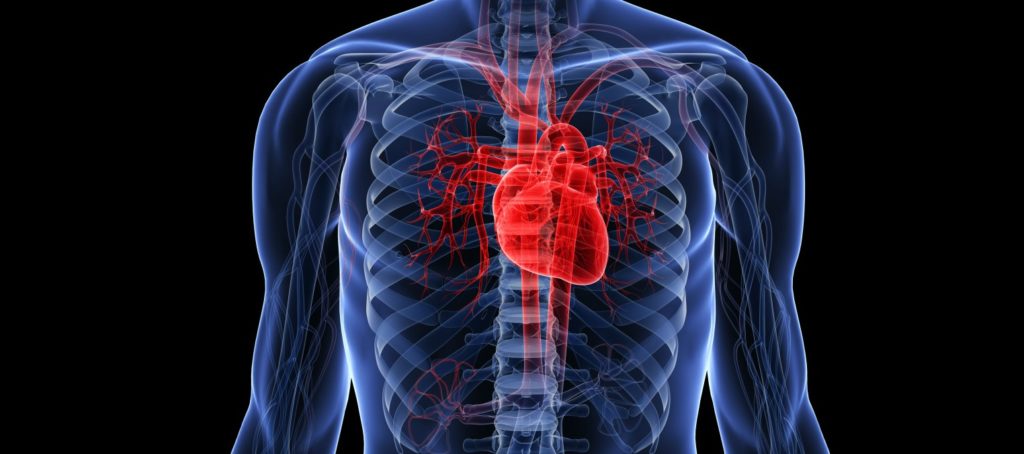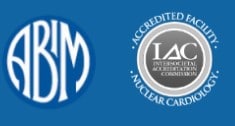An echocardiogram is when a sonogram is taken of a patient’s heart. Oftentimes it’s referred to as an Echo. At Central Georgia Heart, our doctors use a stress echocardiogram to determine how the muscles in an individual’s heart respond to stress. The test is most frequently used to diagnose blockages in the heart and arteries. With the information retrieved during the test, a treatment plan can be created for the condition of a patient’s heart.
What is an Echo Test?
An Echocardiogram is a test hat uses high-pitched sound waves sent through a device called a transducer. The device picks up echoes of the sound waves as they bounce off the different parts of your heart. This gives our doctors a full image of your heart in action.
How The Echocardiogram Test Is Performed:
- You will exercise or be given medicine until you reach the target heart rate. This helps reveal how your heart works when you are active.
- Your blood pressure and heart rhythm will be monitored throughout the procedure.
- Ultrasound images will be recorded during the procedure.
- Another echocardiogram is taken immediately after your target heart rate has been reached.
- The ultrasound images will reveal any parts of the heart that may not be receiving enough blood or oxygen because of blocked arteries.
How the Test Feels
First, electrodes will be placed around your body that might briefly irritate the skin. Then a blood pressure cuff will be placed on your arm to inflate and deflate frequently to help give measurements throughout the test.
You will then walk on a treadmill or pedal a stationary bicycle at gradually increasing increments. If you are unable to exercise, we will use prescriptions to increase your heart rate for the test. People rarely experience chest discomfort, palpitations, dizziness, or shortness of breath during the test.





